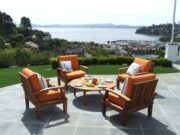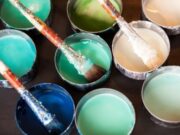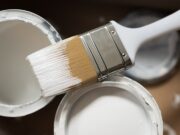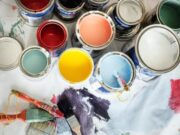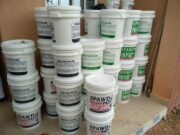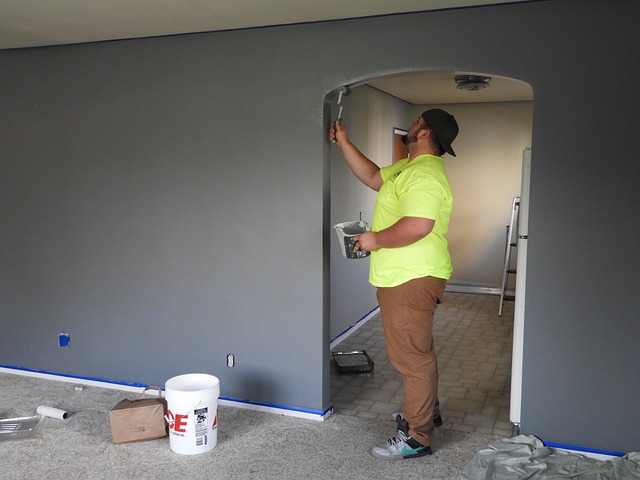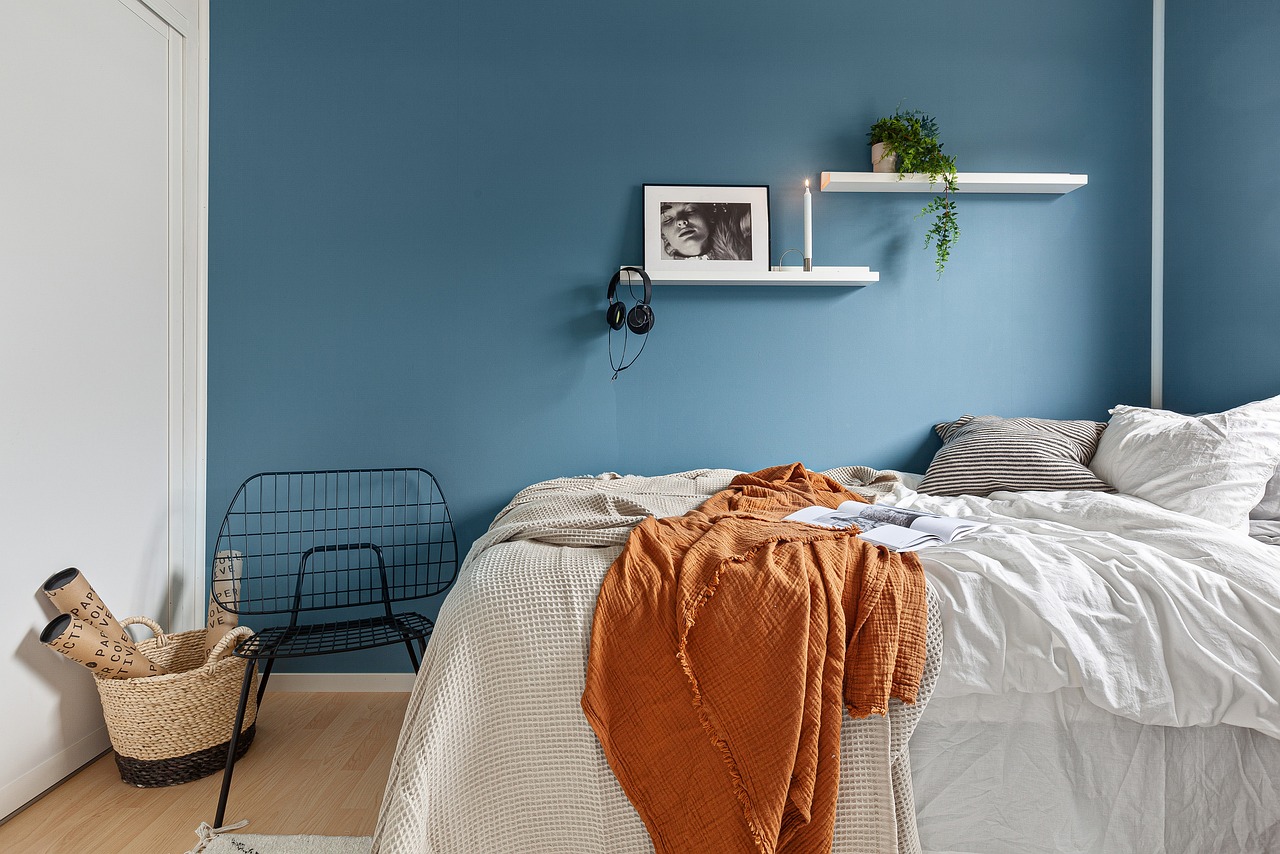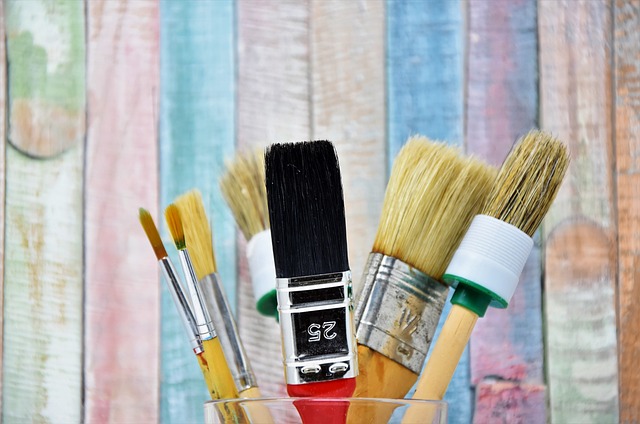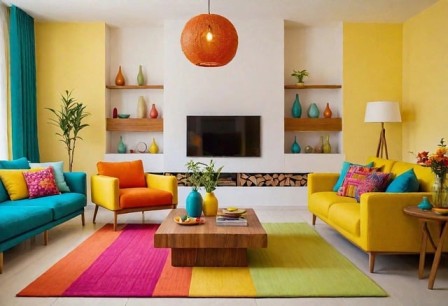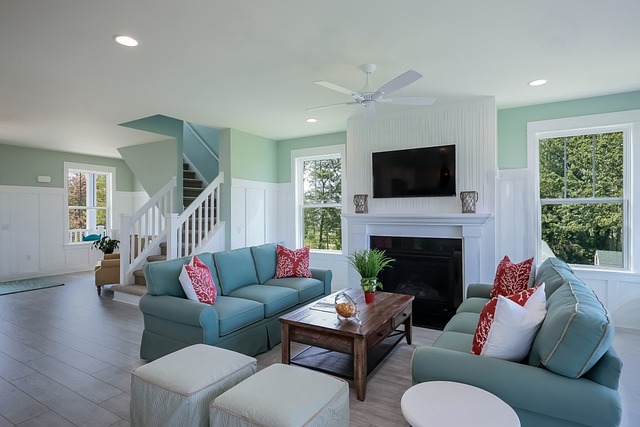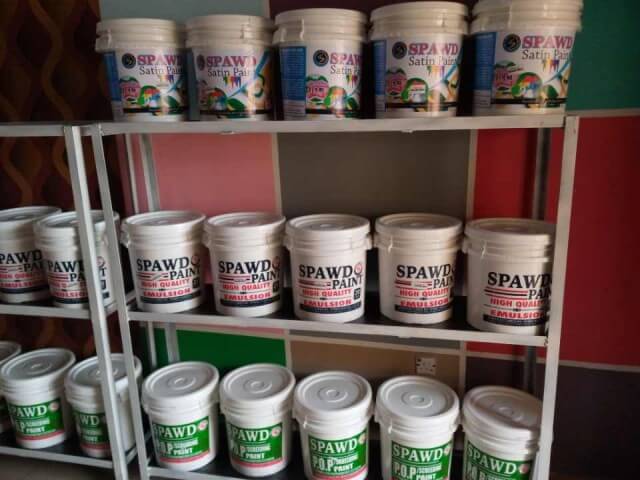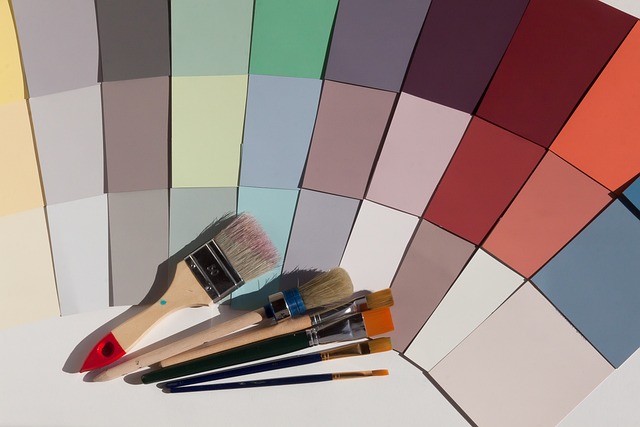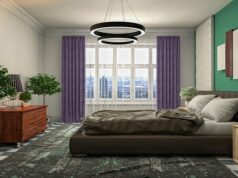When it comes to paint colors, the Nigerian market stands out as unique, driven by a vibrant cultural heritage, climatic conditions, and the evolving tastes of its diverse population.
Whether for residential, commercial, or industrial purposes, aesthetic preferences, functionality, and symbolism often deeply influence paint choices.
In this article, we’ll provide a detailed list of profitable paint colors for the Nigerian market and explore why these colors resonate with Nigerians.
1. White and Off-White Shades
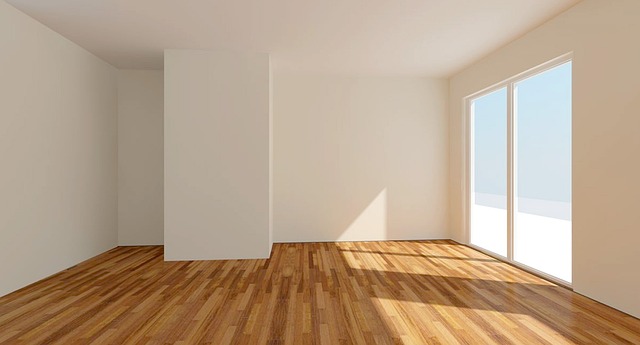
White and off-white are among the most profitable paint colors sought-after in Nigeria, thanks to their versatility and timeless appeal.
They are widely used in homes, offices, and public buildings.
Here’s Why Nigerians Prefer Them.
1. They Are Symbol of Purity and Cleanliness
2. They Reflect Heat
Given Nigeria’s predominantly hot climate, white and light-colored walls help to reflect heat, keeping your interiors cooler.
3. Their Flexibility In Nature
These shades act as a neutral backdrop, allowing for easy pairing with colorful furniture, artwork, and decorative elements.
4. Perception of Space
White and off-white hues create an illusion of larger spaces, which is ideal for urban areas with limited room sizes.
2. Cream and Beige
Cream and beige tones are also top contenders of profitable paint colors in the Nigerian paint market.
These soft, earthy colors exude warmth and sophistication.
Here’s Why Nigerians Prefer Them.
1. Their Cultural Affinity
Earthy tones often resonate with Nigeria’s rich cultural heritage and natural landscapes.
2. Their Low Maintenance Cost
Unlike pure white, cream and beige shades are less prone to showing stains and dirt, making them practical for high-traffic areas.
3. Their Timeless Elegance
These colors provide a sophisticated look that appeals to both traditional and modern aesthetics.
3. Shades of Blue
From sky blue to navy blue, Nigerians have a deep love for blue hues.
These colors are especially popular in residential homes, offices, and religious centers.
Why Nigerians Prefer Them.
1. Their Symbolism
Blue is often associated with calmness, trust, and spirituality, making it a preferred choice for homes and places of worship.
2. Their Cooling Effect
In a tropical climate, the soothing effect of blue can psychologically reduce the perception of heat.
3. Their Versatility
Blue pairs well with neutral and contrasting colors, making it a flexible option for interior and exterior use.
4. Gray and Ash Tones
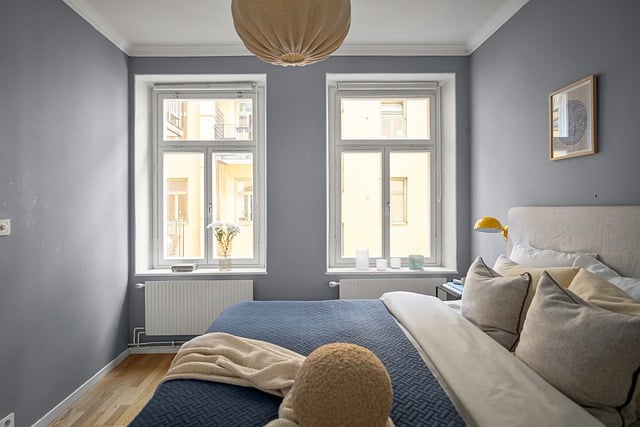
Gray has emerged as a trendy and profitable paint color in Nigeria, particularly in urban areas where modern design concepts are taking root.
Here’s Why Nigerians Prefer Them.
1. Their Modern Appeal
Gray is synonymous with sophistication and minimalism, aligning with contemporary architectural trends.
2. Their Neutral Base
Like white and beige, gray serves as a versatile base color that complements bold accent colors.
3. Their Practicality
Darker shades of gray are excellent at masking stains, making them ideal for exterior walls and high-traffic areas.
5. Yellow and Gold Tones
Yellow and gold are vibrant colors that resonate deeply with Nigerian culture.
These hues are commonly used in living rooms, halls, and event centers.
Here Are Reasons Why Nigerians Prefer Them.
1. Their Cultural Significance
Yellow and gold are associated with wealth, prosperity, and celebration in many Nigerian cultures.
2. Their Brightness
These colors bring a sense of warmth and happiness, making spaces feel welcoming and cheerful.
3. Accent Potential
Yellow and gold can serve as accent colors to highlight architectural details or decorative elements.
6. Green Shades
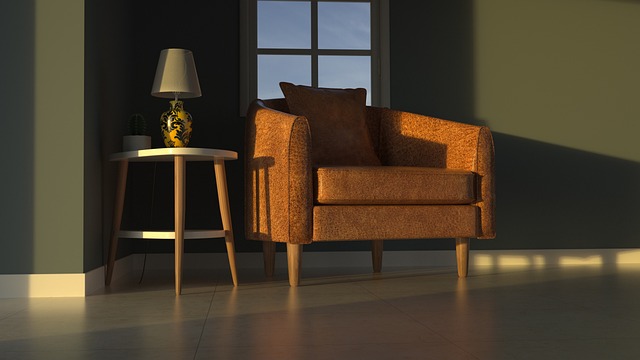
Green, the color of nature, is a popular choice for both interior and exterior spaces in Nigeria.
Why Nigerians Prefer Them.
1. Their Connection to Nature
Green symbolizes growth, renewal, and harmony, aligning with Nigeria’s lush landscapes.
2. Their Cultural and National Identity
As the color of the Nigerian flag, green holds patriotic significance to Nigerians.
3. Their Relaxing Effect
Lighter shades of green create a calming atmosphere, while darker greens exude elegance.
7. Terracotta and Earthy Reds
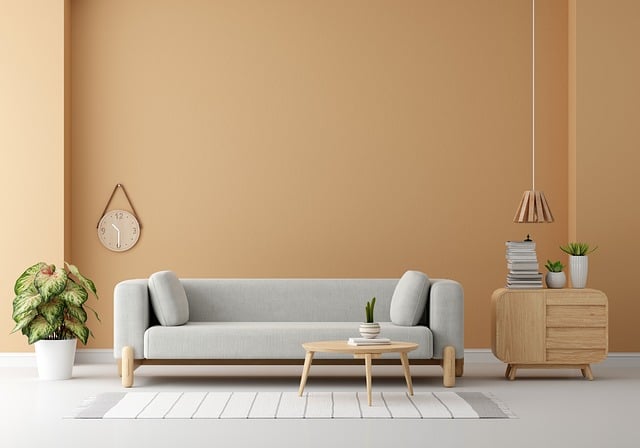
Terracotta and other earthy red tones are highly profitable paint colors in the Nigerian market that are frequently used in traditional and modern Nigerian architecture.
Here’s Why Nigerians Prefer Them.
1. Their Cultural Roots
These colors reflect the tones of Nigeria’s indigenous clay and earth, paying homage to traditional building materials.
2. Their Warmth
Earthy reds add a cozy and inviting feel to homes and public spaces.
3. Their Durability
These tones are less likely to show dirt and wear, making them suitable for exterior use.
8. Black and Charcoal
While unconventional for interiors, black and charcoal tones are increasingly being used in modern Nigerian architecture for accent walls and exterior designs.
Why Nigerians Prefer Them.
1. Their Sophistication
These colors add a touch of luxury and boldness to any space.
2. Their Contrasting Nature
When paired with lighter colors, black and charcoal create striking contrasts that enhance architectural features.
3. Their Durability
Dark colors are practical for masking dirt and wear, particularly in urban settings.
9. Peach and Coral
Peach and coral tones are popular in residential areas, particularly for bedrooms and living rooms.
Here’s Why Nigerians Prefer Them.
1. They Are Warm and Welcoming
These colors create a cozy and friendly atmosphere.
2. Their Cultural Significance
Soft, warm tones are often associated with celebrations and joy.
3. Their Aesthetic Appeal
Peach and coral strike a balance between subtlety and vibrancy, making them ideal for personal spaces.
10. Purple and Lavender
Purple and lavender hues are also highly profitable paint colors for the Nigerian market, favored for their regal and calming qualities.
They are often seen in luxury homes, event centers, and high-end offices.
Here’s Why Nigerians Prefer Them.
1. Their Royalty and Prestige
Purple has long been associated with royalty and wealth in African traditions.
2. Their Relaxation Nature
Lighter shades like lavender promote relaxation and are ideal for bedrooms and spas.
3. Their Statement Color
Deep purples make a bold statement and are used to convey luxury and elegance.
Key Factors Influencing Paint Color Preferences in Nigeria
1. Cultural Heritage
Nigerians often choose colors that reflect their cultural identity and values.
For example, vibrant colors like yellow and red are deeply rooted in traditional ceremonies and celebrations.
2. Climate
The tropical climate plays a significant role in color choices in Nigeria.
Lighter shades that reflect heat and keep interiors cool are more popular in hotter regions, while darker tones are used sparingly.
3. Economic Considerations
Affordability and durability are critical factors for many Nigerian households.
Neutral and earthy tones, which require less frequent repainting, are often preferred for their cost-effectiveness.
4. Trends and Modernization
Urbanization and exposure to global design trends have influenced Nigerians to embrace modern and minimalist color palettes such as grays and whites.
5. Religious and Spiritual Beliefs
Certain colors hold spiritual significance.
For instance, blue is commonly used in religious centers for its calming and serene qualities.
Tips for Paint Manufacturers and Sellers In Nigeria
1. Offer a Wide Range of Colors
Ensure availability of popular colors like white, cream, blue, and gray, along with vibrant options like yellow and green.
2. Highlight Durability
Emphasize the longevity and low maintenance of certain colors, especially for exterior paints.
3. Educate Your Customers on Color Choices
Provide guidance on how different colors can influence mood, energy, and aesthetics.
4. Localize Your Marketing
Use cultural and regional insights to tailor your marketing campaigns and product offerings.
5. Offer Eco-Friendly Options
As awareness of environmental sustainability grows, offering eco-friendly paints can be a profitable niche.
Conclusion
The Nigerian paint market is as diverse as its people, with preferences shaped by culture, climate, and modern trends.
Colors like white, cream, blue, and gray dominate due to their versatility and practicality, while vibrant hues like yellow, green, and red celebrate the country’s rich heritage.
For paint manufacturers and sellers, understanding these preferences is key to thriving in this dynamic market.
By catering to the unique needs and tastes of Nigerians, businesses can tap into the immense potential of this ever-growing industry.





